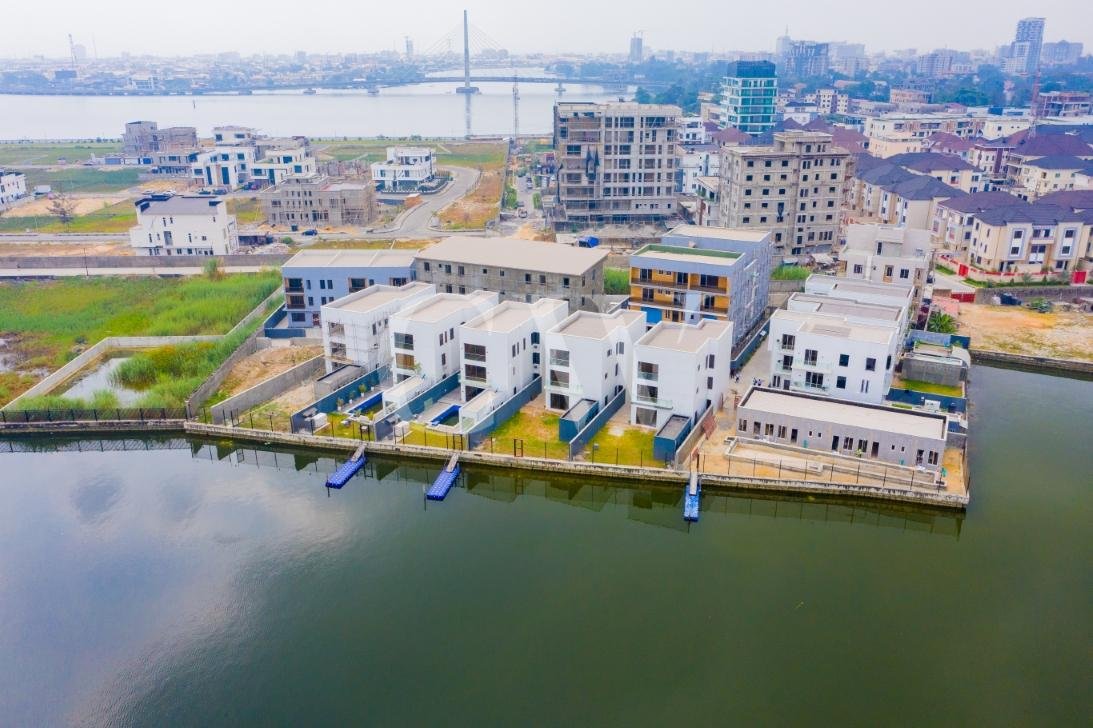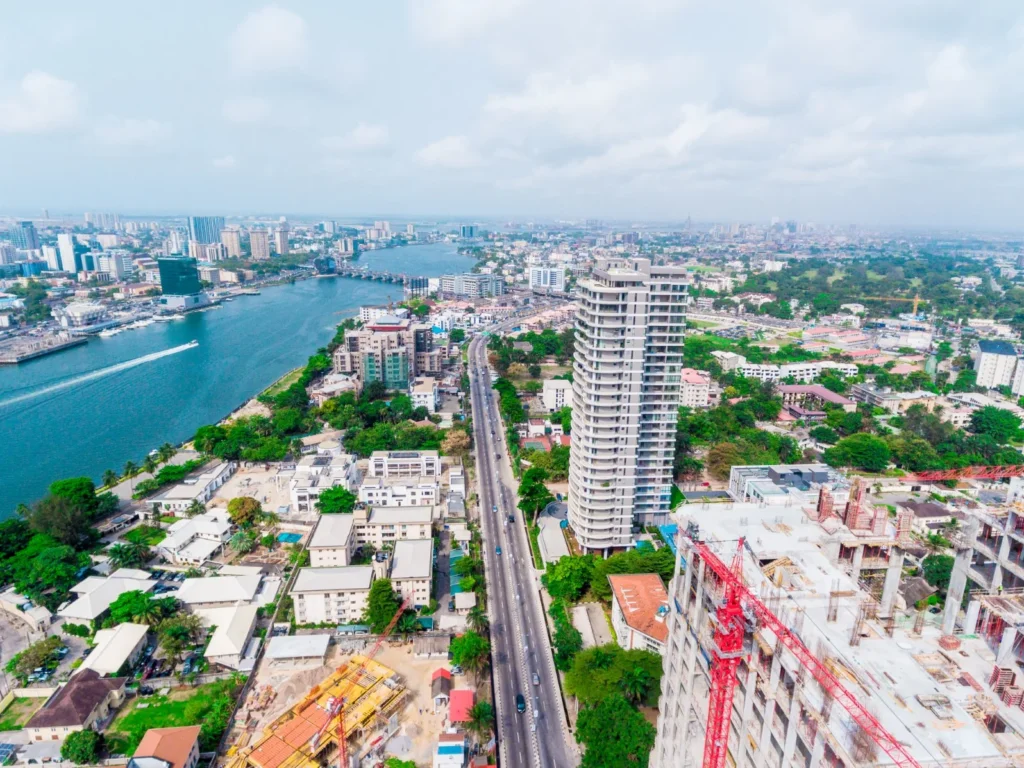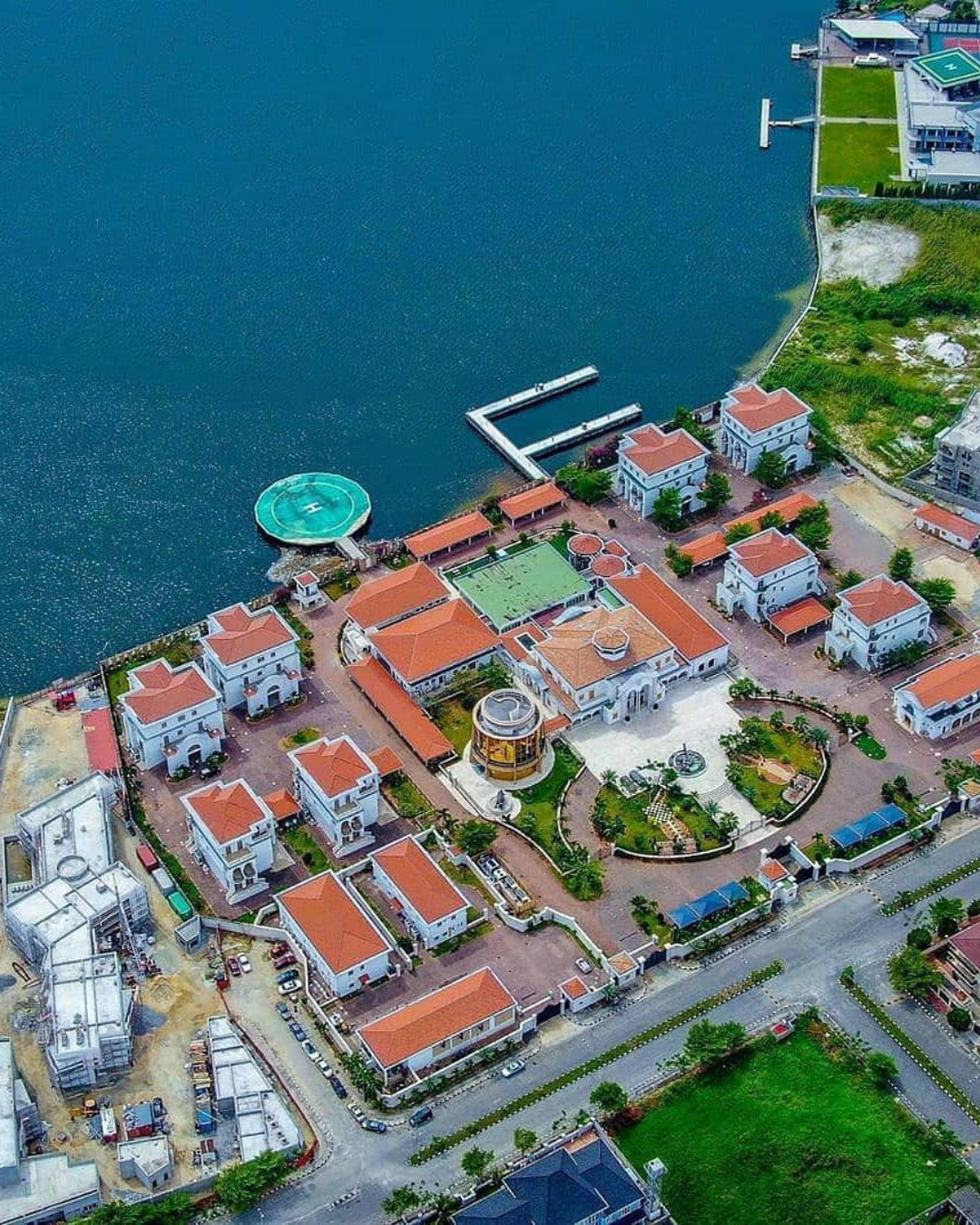How to Determine if a Neighborhood Is Right for You?

Choosing the right neighborhood is as important as choosing the right property. The community surrounding your home plays a big role in your daily quality of life and can significantly impact your long-term satisfaction. Whether you’re buying or renting, knowing how to evaluate a neighborhood can ensure it meets your needs and lifestyle. Here’s a guide to help you determine if a neighborhood is the right fit for you.

1. Assess Your Lifestyle Needs and Priorities
Before diving into neighborhood specifics, take some time to identify your lifestyle needs. What are your non-negotiables? This could include proximity to work, access to good schools, nearby outdoor spaces, or a vibrant social scene.
- Considerations: Are you looking for a quiet, residential area, or do you prefer a lively, bustling neighborhood? Are walkable shops and cafes important? Defining your priorities helps narrow down areas that align with your lifestyle.
2. Research School Quality
For families, school quality is often a top priority when selecting a neighborhood. Even if you don’t have school-aged children, proximity to reputable schools can enhance property value and appeal in the future.
Visit in Person: If possible, drive by schools in the area to get a sense of their facilities and location relative to your prospective home.
Where to Start: Research school rankings and read reviews from parents online. You can often find information on school performance, student-teacher ratios, and extracurricular options from resources like GreatSchools or the local education department website.
3. Evaluate Commute and Transportation Options
A manageable commute is essential for work-life balance. Additionally, consider access to public transport if that’s part of your daily routine.
Walkability and Biking: Some neighborhoods are more pedestrian- and bike-friendly than others. If walkability is important, tools like Walk Score can provide insight into how easy it is to get around on foot.
Public Transport Availability: Check the proximity and frequency of buses, trains, or subway stations. Visit the area at different times to gauge rush hour traffic and transit options.
4. Explore Local Amenities and Conveniences
Nearby amenities can make daily life much more enjoyable. Look for shops, grocery stores, gyms, and entertainment options that you’ll use frequently.
Parks and Recreation: Green spaces, sports facilities, and playgrounds are especially valuable for families or anyone who enjoys outdoor activities. Look into parks or recreational facilities close to the property.
Entertainment and Dining Options: If you enjoy eating out or going to local events, check for restaurants, cafes, and theaters in the area. A thriving local scene can add convenience and excitement to your day-to-day life.
5. Consider Safety and Security
Safety is a primary concern for most renters and buyers, so it’s essential to research neighborhood crime rates and security measures.
Get a Feel for the Area: Visit the area at different times of the day to gauge how safe you feel, especially in the evening.
Research Crime Statistics: Use online resources like NeighborhoodScout or your local police department’s website to find crime statistics. Compare crime rates between neighborhoods to see how they measure up.
6. Check Out Community Vibe and Resident Feedback
The people and culture of a neighborhood are what truly bring it to life. Getting to know the community vibe can help you determine if it’s a place you’ll feel at home.
Attend Local Events: Community events or farmer’s markets can give you a real sense of the neighborhood’s culture and whether it’s a good fit for you.
Talk to Residents: If possible, chat with people who live in the area. Ask them about their experience, what they love about the neighborhood, and any challenges they’ve faced.
7. Factor in Future Development and Property Value
A neighborhood’s potential for growth is essential to consider, especially if you’re buying. Areas with upcoming development or new businesses may see property values rise.
Impact on Property Value: Future growth can also affect property values positively, which is important if you plan to sell in the future. Conversely, excessive construction could impact your living experience if you’re looking for a quiet area.
Look into Future Plans: Check with the local city planning office for any upcoming developments, like new parks, shopping centers, or public facilities. Neighborhoods with planned improvements tend to have stronger long-term potential.
8. Visit Multiple Times and During Different Hours
A neighborhood can have a completely different atmosphere at various times of the day or week. Be sure to visit multiple times to get a realistic picture.
Gauge Noise Levels: Noise from traffic, nearby venues, or local events might impact your quality of life. Assess noise levels on weekdays versus weekends, especially if you work from home or have young children.
Observe Daily Routines: A neighborhood that seems quiet in the morning might be bustling in the evening or on weekends. Checking it out at different hours gives you a more accurate sense of what to expect.
Conclusion
Choosing the right neighborhood requires careful research and consideration. By focusing on your lifestyle needs, the local amenities, safety, and future development, you’ll be able to find a neighborhood that aligns with your preferences and enhances your quality of life. At CW Real Estate Lagos, we understand the importance of finding the perfect community. Our neighborhood specialists are here to guide you through each step, offering valuable insights into Lagos’ best areas.
Ready to start your neighborhood search? Contact CW Real Estate Lagos for expert guidance in finding the perfect neighborhood and property to suit your lifestyle.
READ MORE: WHY ARE IKOYI & VI THE TOP REAL ESTATE SPOT IN LAGOS?



